14 Workshop topics will be available to choose from.
Attendance at the workshops is complimentary as part of your conference registration
| WSD1-1 |
Navigating end point assessment |
 Facilitated by Charlie Freeman
& Mike Boswell, NCFE Facilitated by Charlie Freeman
& Mike Boswell, NCFE
A leading provider of quality apprenticeship solutions, NCFE can guide you through the changing apprenticeship standards and lead you through the gateway decision on apprenticeship assessment.
Join our Apprenticeship Services team for a workshop that offers practical advice on how you can design and execute the best EPA model for your organisation
|
| WSD1-2 |
How do you develop your business through apprenticeship standards? An employer and provider discuss:
|
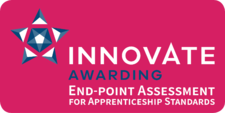 Facilitated by Charlotte Bosworth, Innovate Awarding Facilitated by Charlotte Bosworth, Innovate Awarding
- The pitch to employers – getting the business
- What do you look for in the provider pitch and what differentiates one from another
- What makes an employer choose to engage with a provider or ‘go it alone’?
- What does an employer expect from an EPA supplier? What factors influence the choice of supplier in the new world?
- What about the learner? What do you think?
|
| WSD1-3 |
Do you have an effective inspection management plan? - You do not know if you can’t test it!
|
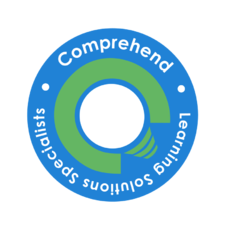 Facilitated by Sean Errington, People Projects Facilitated by Sean Errington, People Projects
Waiting until the phone rings and it is ‘that call’ from Ofsted, to start planning the management of an inspection is not a good idea as some organisations have discovered. If your organisation’s performance is not good, then no amount of inspection management planning is going to help. Bu if your organisation has good performance data but through lack of inspection planning cannot demonstrate the quality of the learner experience, then it could mean that it ends up with several grade 3s that it should not have been given. Time on inspections is short which means organisations need to be well prepared. Having put time and effort into planning then it is important to test as much of the plan as possible – you need to know the plan will work. It is useful to remember what the 6 Ps stand for |
| WSD1-4 |
Legal Aspects of Apprenticeship Reforms |
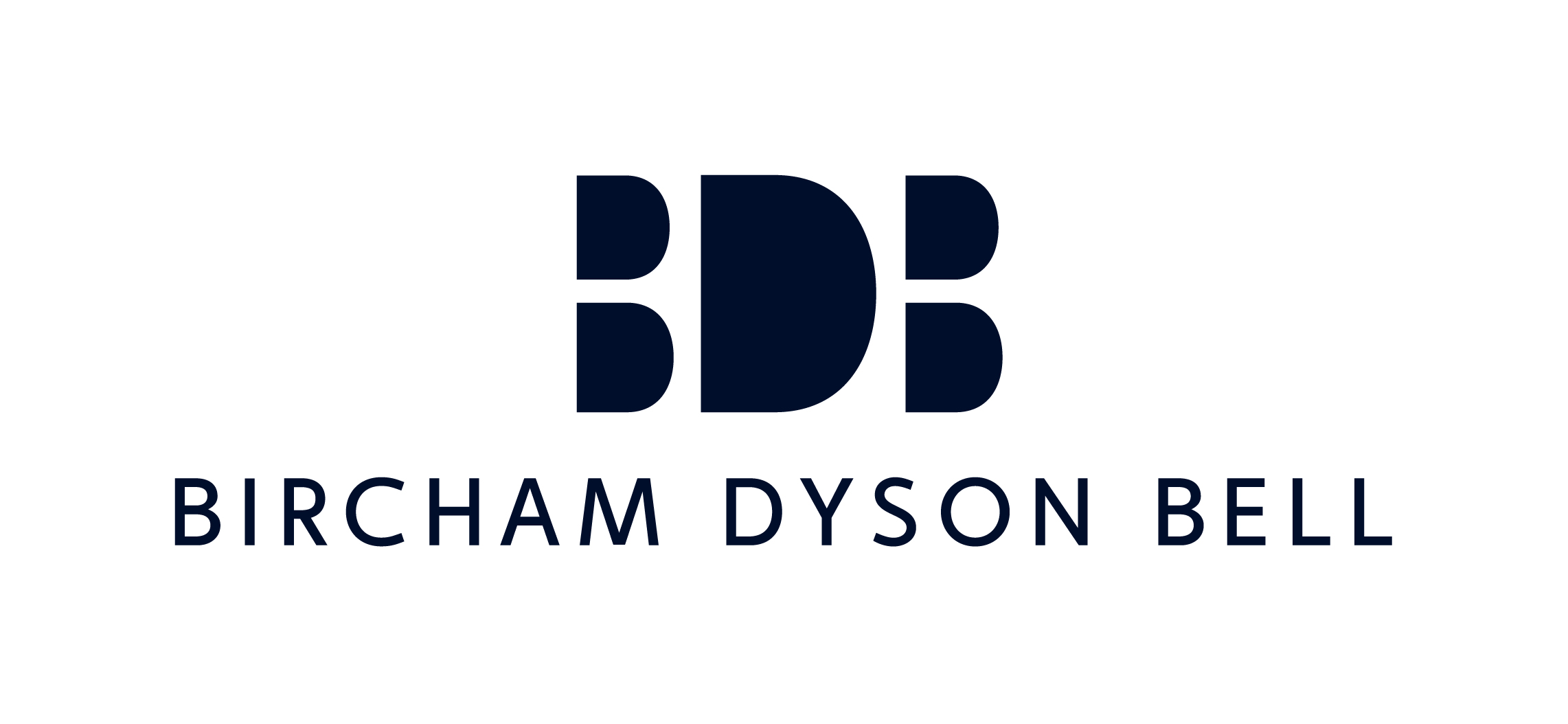 Facilitated by Paul Voller & Oliver Willis, Bircham Dyson Bell Facilitated by Paul Voller & Oliver Willis, Bircham Dyson Bell
Paul Voller and Oliver Willis from the AELP Support Group at solicitors Bircham Dyson Bell, will lead this workshop on opportunities and pitfalls in the levied and non-levied employer–ITP-ESFA three way relationship. The session will include an introduction to the AELP-BDB model contract documentation available to AELP members
|
| WSD1-5 |
Technical and Professional Education - what it means for delivery
|
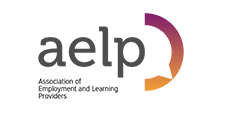 Facilitated by Paul Warner, AELP Facilitated by Paul Warner, AELP
The reforms to technical and professional education proposed by Lord Sainsbury and accepted by the government in the Post-16 Skills Plan are fundamental and far-reaching, and offer both opportunities and challenges to providers right across the post-16 sector. AELP's Paul Warner baselines what we know and examines how delivery might look
|
| WSD1-6 |
English and maths, Context and Confidence
|
 Facilitated by Ruth Carter & Ed Stokes, OCR Facilitated by Ruth Carter & Ed Stokes, OCR
With the government committed to reforming English and maths Functional Skills for introduction in 2019, this workshop explores the link between context and confidence for both learner and teacher during the delivery and assessment of the qualifications.
|
| WSD1-7 |
Planning for the Future - Apprenticeship and wider Skills Delivery
|
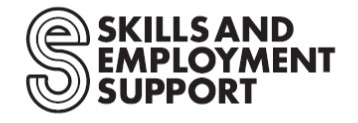 Facilitated by Dr Gareth Thomas MIoD, Skills and Employment Support Limited Facilitated by Dr Gareth Thomas MIoD, Skills and Employment Support Limited
This workshop will help you understand the themes and topics to consider in planning your Apprenticeship
business, both in the short and medium term. It will help you to understand different approaches you might wish to consider, and a range of likely opportunities. We will also consider the potential links to the Post-16 Skills Plan. During the workshop we will also consider the potential impact of devolution on the Skills market, and how to best position your business to maximise the opportunity that the localism agenda presents. We will look at what providers currently do, and how you might want to tweak this to prepare for the future
|
| WSD1-8 |
Towards a Blended and Digital Future for Education and Training
|
 Facilitated by Bob Harrison, Northern College Facilitated by Bob Harrison, Northern College
Our education, training and assessment systems were designed at a time of industrialisation and the design principles need to be re-examined as the world becomes increasingly digitised.
In this session Bob will challenge delegates to become "paradigm pioneers" and begin to consider how we can use digital technology far more effectively in teaching, learning and assessment in Vocational and Adult Education. Bob Harrison has spent 40 years in Education. He was a leading member of the FELTAG Ministerial Action group, is a judge for the TES FE Awards, BETT Awards, a Trustee of the UfI trust a charity which invests in innovative use of technology in further, vocational and adult education. He is Chair of Governors of Northern College, Barnsley and a member of the DCMS CYberSecurity Skills Advisory Group. He was Education Adviser for Toshiba Northern Europe for 15 years and is also a board member of YMCA Training and Awards
|
| WSD1-9 |
Engaging with Learners |
 Facilitated by David Allison, GetMyFirstJob Facilitated by David Allison, GetMyFirstJob
Learner Engagement is a topic that has been discussed over the years in many ways in the FE and Apprenticeship context. What is clear, however, is that it has never been more challenging to establish strong links and engagement. Many, if not all, of the traditional communication channels have been disbanded, with careers networks and school support fragmented. Simultaneously, levy paying employers are being more and more active in trying to get their message out to schools. The introduction of Degree Apprenticeships, Higher Education Institutes and Employer Providers is further complicating the Apprenticeship message. This session considers the current landscape, and the practical tools, techniques, processes, platforms and systems that are now required for any organisation to be effective in engaging with learners
|
| WSD1-10 |
Mindset & Mental Toughness - its relevance and importance in the new world of Apprenticeships
|
 Facilitated by Doug Strycharczyk, AQR Facilitated by Doug Strycharczyk, AQR
The most important factor employers look for in recruits is attitude, which ranks ahead even of literacy and numeracy according to the CBI Annual survey of employer 2015. Mental Toughness describes the mind-set or ‘attitude’ that every person adopts in everything they do. Development of mental toughness and a positive mindset impacts on performance, wellbeing and behaviour and is therefore a key element to focus on in personal development. This workshop will examine briefly:
- What is mental toughness, mindset and resilience?
- How can I assess mental toughness and what it means for employers and apprentices alike?
- Why it is probably the most important aspect of people and organisation development today?
- How can I develop mine and others mental toughness?
|
| WSD1-11 |
Prevent |
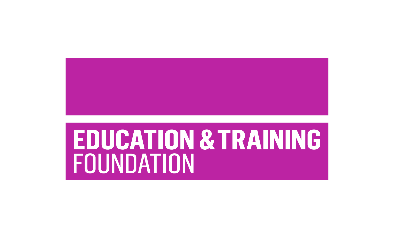 Facilitated by Selina Stewart, The Education and Training Foundation Facilitated by Selina Stewart, The Education and Training Foundation
In this workshop Selina Stewart will highlight key areas which are vital for Prevent duty compliance including British values and issues highlighted by Ofsted in their ILP reports
|
| WSD1-12 |
Pros and Cons of becoming an AAO |
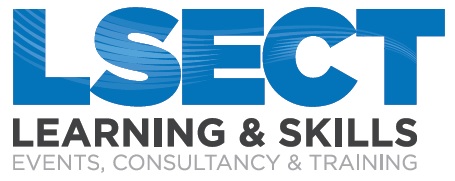 Facilitated by Gemma Gathercole, Lsect Facilitated by Gemma Gathercole, Lsect
It’s all change in the world of apprenticeships, there has never been a better time to decide whether to enter the market for assessing apprenticeships. If you’re contemplating whether to enter the EPA market, this is the workshop to attend.
We’ll take a look at the current state of the market, the pros and cons of becoming an EPA and will give you the questions your organisations need to answer before making a decision.
|
| WSD1-13 | New Models for Working with Higher Education Institutions |
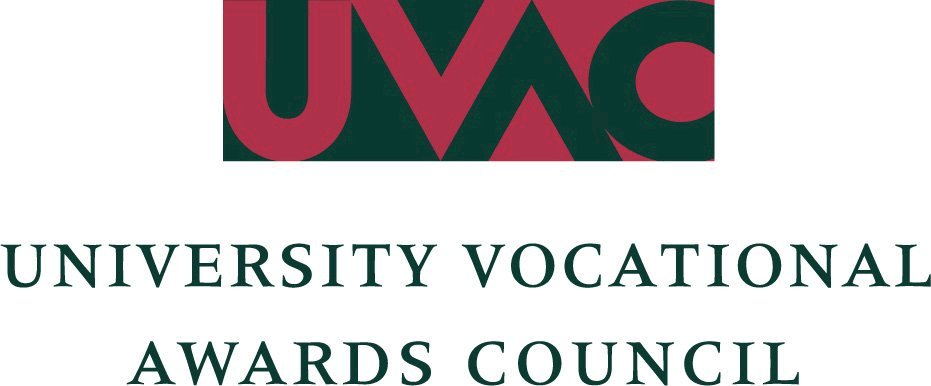  Facilitated by Adrian Anderson, UVAC and Brooke Storer-Church, HEFCE Facilitated by Adrian Anderson, UVAC and Brooke Storer-Church, HEFCE
This workshop will summarise the Degree Apprenticeship agenda and then consider opportunities for Higher Education Institution and Independent Training Provider partnership. Where are Degree Apprenticeships being developed, what will be the demand for Degree Apprenticeship from employers and individuals? The workshop will then focus on engaging and collaborating with HEI partners, programme design, quality assurance, marketing, widening participation, co-delivery, subcontracting and accreditation.
|
| WSD1-14 |
Study Programmes |
 Facilitated by Jan Pennington, Carillion Training Facilitated by Jan Pennington, Carillion Training
This workshop session will look to share examples of best practice in Study programmes for learners at or below level 1, and give providers the opportunity to raise key issues that have and continue to present most challenge when delivering study programmes’
Delegates attending this session:
- Will have the opportunity to gain information & access to other providers ‘best practice’ within Study Programmes delivery
- Share best practice from their own experience & delivery to date
- Raise awareness of the issues & challenges that remain within Study Programmes so that AELP can feedback to Education Skills Funding Agency
|
|

